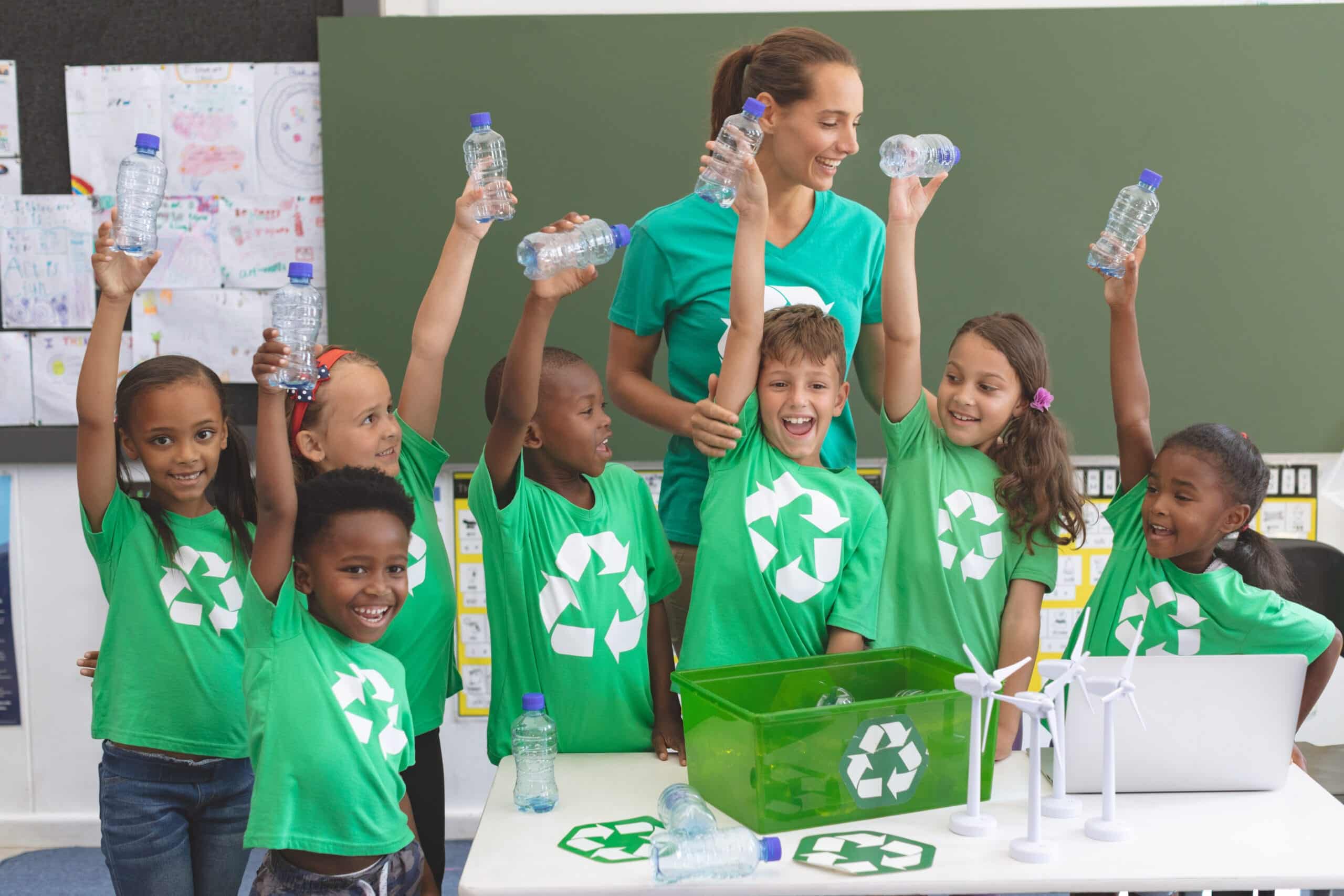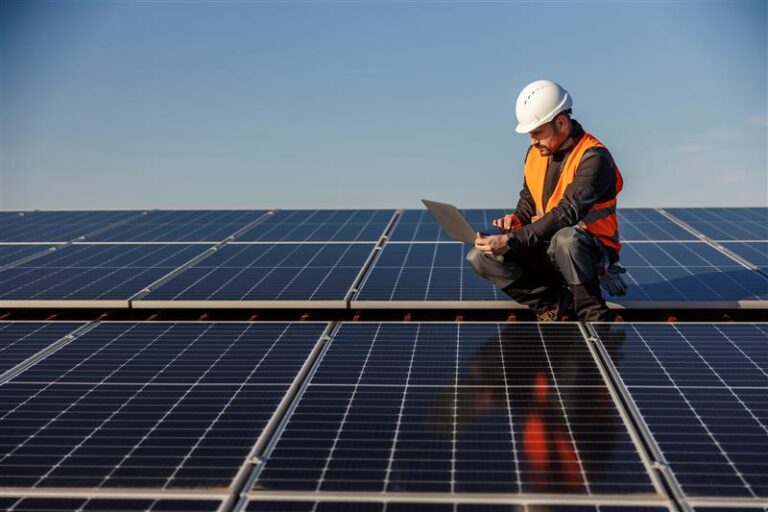“Whatever affects one directly, affects all indirectly. I can never be what I ought to be until you are what you ought to be. This is the interrelated structure of reality.”
Dr Martin Luther King
The urgency of action: The impact of climate change on education
Twenty-eight years after the United Nations Brundtland Commission defined sustainability as “meeting the needs of the present without compromising the ability of future generations to meet their own needs”, world leaders pledged to try to prevent global temperatures rising by more than 1.5°C. Only eight years after this agreement was signed the earth reached 1.5°C of warming (according to the EU’s Copernicus Climate Change Service). We are experiencing increasing floods, droughts, heatwaves, and wildfires. Water scarcity, flooding and heat waves have caused disruption to the education of children and young people in the UK in recent years, with increasing disruption expected in the years to come.
The 2022 DfE Climate Change and Sustainability Strategy set out guidelines for sustainable practices in schools. However, with no accountability structures in place and without a clear roadmap, why would schools give their precious time and resources to tackle complex, challenging, and costly initiatives? There is a strong moral case, business and educational case for the implementation of sustainability in our schools with high-quality advice and support now available to help navigate the journey.
The moral case
Our children face an uncertain future, with the impact of climate change already being felt in weather events, health outcomes and rising food prices. Our first compelling reason to begin to do what we can to reduce the environmental impact of the school operation, is to contribute to UK and global net zero goals. We have a moral imperative to secure global climate security for future generations, whilst ensuring that our core function of educating our children can continue effectively.
Financial savings and long-term viability
Reduction in emissions, reduction of waste, improved purchasing, reduction of water and energy wastage, not only reduce the environmental impact of an organisation, but lead to reduced costs associated with each area. A focus on behavioural change in the way resources are used in schools can reduce consumption and significantly reduce costs over time.
Implementing efficient waste management systems can minimise disposal costs while potentially generating revenue through recycling initiatives. Real savings will only be made when the focus is on reducing the waste produced.
Investment in energy efficiency and renewable energy sources such as solar PV may be a significant investment for schools but will not only lower utility bills but also help insulate against future volatility in energy prices. High energy costs mean the return on investment is currently favourable compared to historic averages. Alternative funding arrangements – community solar schemes, leasing and power purchase agreements – may also be available for energy efficiency and generation projects.
Savings made through sustainable procurement and organisational culture change will be key to reducing the environmental impact of school operations and demand tenacity in sustainability leaders to effect change.
Enhanced reputation, community engagement and social value
The Public Services (Social Value) Act 2012 requires public sector organisations, including schools, to consider the social and environmental impact of their procurement decisions, incentivising sustainable practices. Decisions to purchase locally have many positive implications for the community and the school’s relationship with it. By seeking to reduce the environmental impact of operations and enhance the local environment, schools can influence not only pupils and staff, but the wider community and suppliers. Partnerships with sustainability-focused organisations, contribution to the local economy and improving the local environment can elevate a school’s profile within the community and foster valuable relationships. Enhanced reputation can increase appeal to parents, pupils, and staff.
Curriculum integration and student empowerment
Beyond operational considerations, sustainability offers an invaluable opportunity for curricular integration and student empowerment. By integrating sustainability themes across the curriculum, schools can provide students with a holistic understanding of environmental issues and equip them with knowledge, skills and resilience. Engaging students in local sustainability projects – particularly initiatives happening at their school – not only fosters a sense of ownership, nature connectedness and responsibility but also reduces anxiety and nurtures critical thinking and leadership.
Resilience and future proofing
In an increasingly uncertain world marked by environmental degradation and climate change, sustainability serves as a means of resilience and future proofing for schools. By embracing sustainable infrastructure and practices, institutions mitigate risks associated with resource scarcity, regulatory changes, and environmental disruption. Moreover, instilling sustainable values in students equips them with the adaptability and resilience needed to navigate a rapidly evolving global landscape.
The adoption of sustainability in UK schools offers a multitude of benefits, ranging from environmental stewardship and financial savings to enhanced reputation, social value, and stakeholder engagement. This not only aligns with ethical imperatives but also contributes to long-term viability and resilience. By integrating sustainability into operations and curriculum, schools can empower students to become agents of positive change, shaping a more sustainable future for generations to come.
Get started with the Greener Schools Index
If you’re ready to take action on sustainability but aren’t sure where to begin – or if you’ve recently stepped into the role of Sustainability Lead – you’re not alone. The Greener Schools Index (GSI) is a free self-assessment tool designed to support all schools, however big or small, and at whatever stage they are on their sustainability journey.
It helps you evaluate your school’s progress, strengths and areas for improvement in essential areas such as air quality, biodiversity, catering management, energy, ICT, procurement, waste management and water.
What you’ll gain
Each completed survey generates an individual pdf report summarising your responses. This report can be shared with Governors and Trustees, used to inform a Climate Action Plan, or help create a tailored sustainability roadmap for your school or Trust.
Join the movement
HEART Academies Trust and others within the UK Sustainability Network (UKSSN) have already benefitted from the GSI, receiving actionable insights into their current climate action efforts.
The pilot phase of the GSI is open until 28 February 2025, so don’t wait – join the conversation today and contribute to the story of sustainability in schools.
After this phase, Zenergi will release a national progress report and invite participation in the Phase 2 survey, to track progress achieved.
Survey submissions will be conducted on a termly basis throughout 2025 and beyond. This phased approach means that the sooner schools and trusts adopt this process, the quicker we can gain a comprehensive national view of how the sector is performing against its sustainability targets. Early participation is key to accelerating insights and driving meaningful progress.














